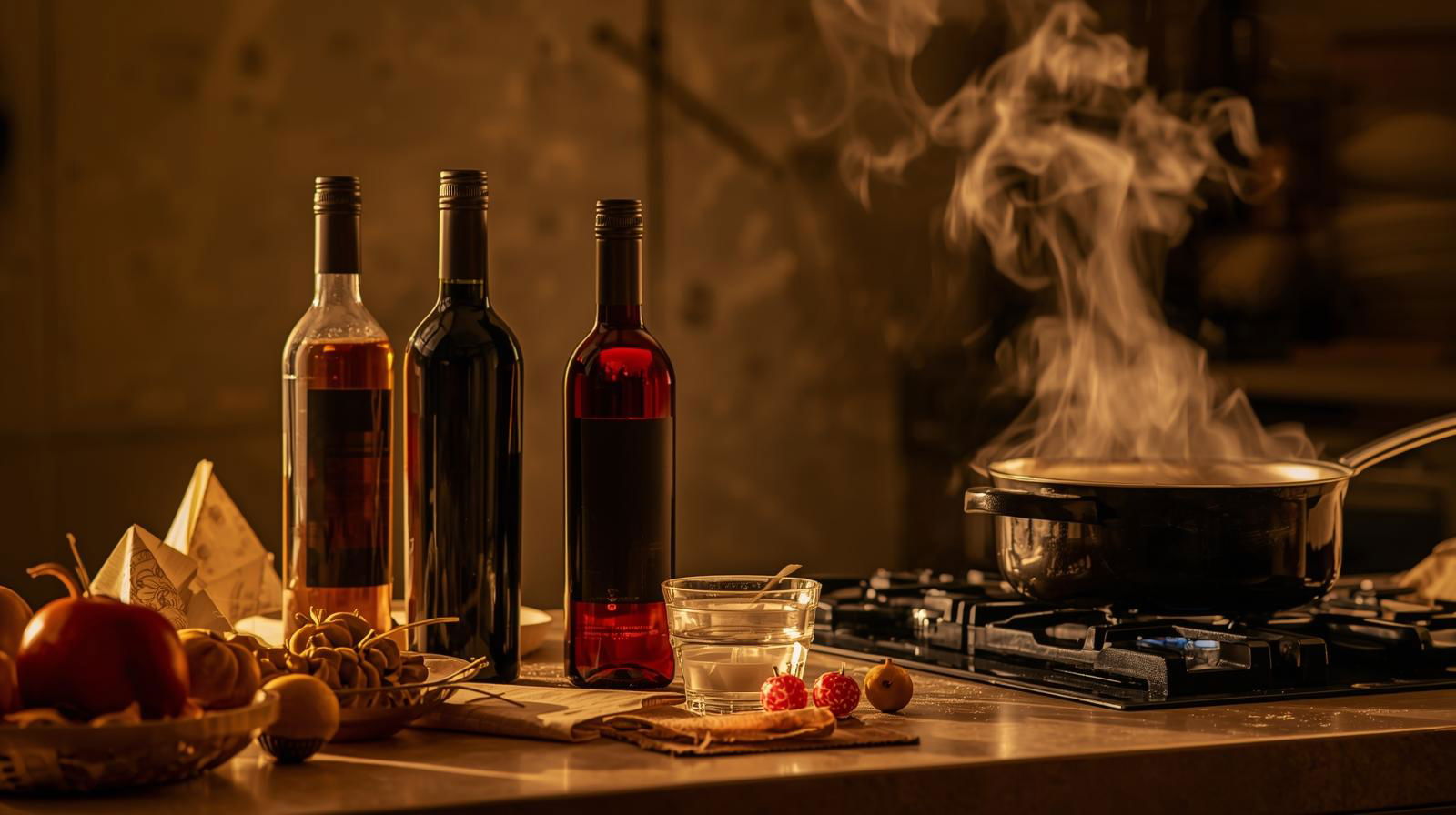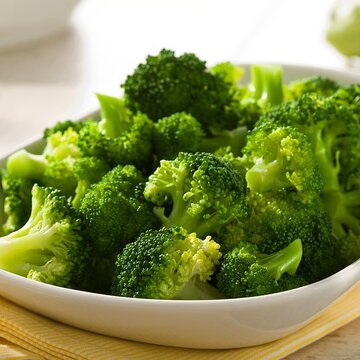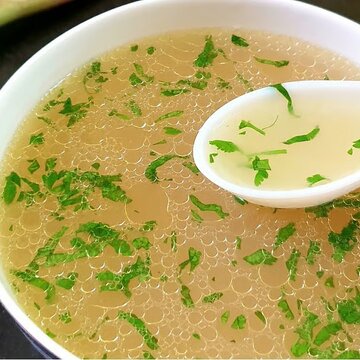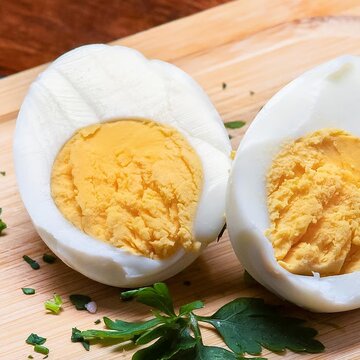Cooking with alcohol has become a very popular trend nowadays. Recipes like red wine–infused stews, rum cakes, or whisky-glazed meats are becoming the new favourites of experimental home cooks who love adding a touch of gourmet flair to everyday meals. While it sounds delicious, have you ever wondered what really happens when you mix alcohol with your food? Does it all burn off? Or does it secretly alter your meal’s nutritional balance?
To understand this better, News Ei Samay spoke to Dr. Cheenam Bhatia Saund who’s a Senior Dietician and Course Coordinator at Sri Guru Ram Dass University of Health Sciences and Research. She holds a PhD in Clinical Nutrition and Dietetics and has over 14 years of experience in the field. We asked her a few key questions about the effects of alcohol in cooking and here’s what she said about it.
Alcohol in cooking: the truth
As alcohol-based cooking trends from the West continue finding space in Indian kitchens, many home cooks now add wine, rum or whisky to chicken, mutton and other meat dishes. But does this come at a nutritional cost? Answering this Dr. Bhatia, explained how alcohol alters the value of such recipes and why it remains incompatible with India’s traditional dietary patterns.
Dr. Bhatia said, “Cooking meat with alcohol is generally safe but as a Clinical Dietitian I must say, it is not without potential health considerations. Using alcohol like wine or rum in cooking can alter a meat dish’s nutritional value by adding calories.” She noted that alcohol brings “empty calories” without contributing to protein or key nutrients and reminded that its sugar content still remains in the dish even after cooking.
She also pointed out that chronic alcohol intake can disturb digestion and micronutrient absorption, adding that such dishes “are not recommended for a certain group of people like children, pregnant and lactating women.”
On the common belief that all alcohol evaporates in the pan, Dr. Bhatia clarified that the science tells a different story. “No, it’s not completely true. It actually depends upon the time of cooking like a dish cooked for 20 minutes retain 40–45% of alcohol whereas a dish cooked for 2 hours or more may retain only 4–5%.” She added that the result also varies by technique, noting that flaming burns off less alcohol than simmering.
For people living with liver disease, diabetes or those abstaining for health or personal reasons, she cautioned against such food altogether, saying, “Although some form of cooking or prolonged cooking can reduce the alcohol content of food, but it’s still not recommended for people with above mentioned medical issues.”
Dr. Bhatia stressed that alcohol also impacts the protein in meat during the process. “Alcohol usually breaks down the protein present in meat to tenderise it. Also, meat cooked in alcohol will have lesser protein than the one cooked otherwise.”
She highlighted why this trend doesn’t sit naturally on the Indian plate. “Food in India is deeply tied to religious and social customs, and for many communities, consumption of alcohol is a taboo,” she said, adding that Ayurveda views alcohol as a toxin that disrupts bodily balance. According to her, Indian cooking already has enough flavour-building tools without alcohol.
On replacements, she recommended everyday kitchen ingredients instead of spirits, listing “stocks and broths, pomegranate molasses, balsamic vinegar, citrus juices, yogurt, buttermilk, fruit juices (unsweetened), strong brewed tea or coffee, tomato paste, nut pastes.”
Finally, she underlined where she draws the nutrition line. “Alcohol does tenderise meat and carry aromas, which enhances the overall flavor of a dish… However, those with a history of alcohol abuse or certain health conditions should be mindful. And above all, India already has a plethora of its own spices and herbs to create a rich texture and flavour without use of alcohol.”
What’s the final call?
While cooking with alcohol might seem like a creative twist, it’s not as harmless as it sounds. From hidden calories to potential nutrient loss, the impact goes beyond just taste. As Dr. Bhatia Saund points out, Indian cuisine already offers a vast palette of natural ingredients varying from yogurt to citrus to rich spice blends that can add depth and flavour, while keeping you healthy and fit.











